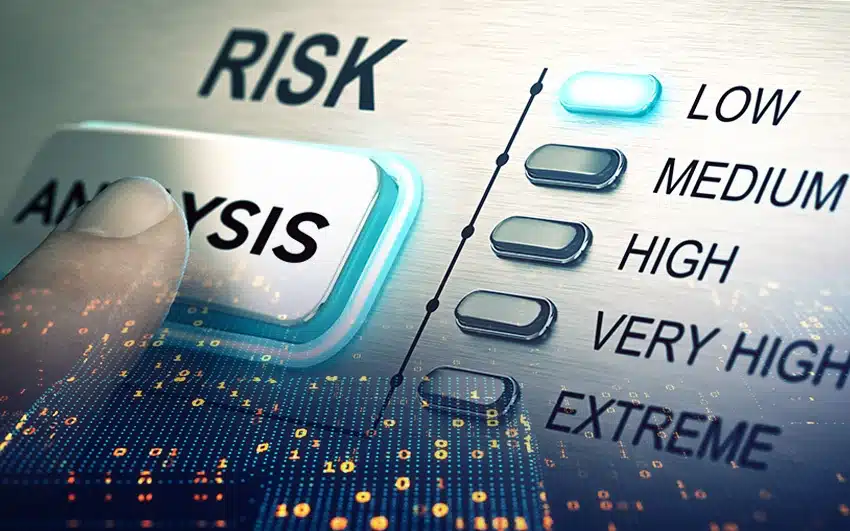Mental health first aid to help someone with mental illness. Every 40 seconds somebody somewhere in the world dies by suicide. Mental Health First Aid is the need of the hour. Mental Health First Aid (MHFA) is a potentially lifesaving skill that we all need to have.
Table of Contents
Mental health first aid to help someone with mental illness.
While you might have a fair bit of idea about First Aid or Emergency First Aid; you may be less familiar with Mental Health First Aid and how you can use this to provide mental health support. MHFA takes a proactive approach by addressing the mental health crisis as it’s happening instead of reacting to it later.
What is Mental Health First Aid?
Mental health first aid involves identifying, understanding, and responding to mental health crises and challenges in a manner that helps the sufferer.
The purpose of MHFA is to assist the sufferer as much as possible until help arrives or the crisis resolves. Those trained in MHFA can apply their skills to help people encountering any of these challenges:
- Suicidal thoughts and behaviors
- Depression and mood disorders
- Anxiety and panic attacks
- Drug and alcohol overdose or withdrawal
- Non-suicidal self-harm or self-injury
- Eating disorders
- Acute psychosis, delusional behavior, and hallucinations
- Aggressive behaviors
- Acute shock or other reactions to traumatic events
Many people who suffer from psychological and mental distress, personal crises and mental disorders can benefit from receiving psychological and mental health first aid from professionals and the general public.
Who should learn Mental Health First Aid?
There can be no health without mental health. MHFA skills can be learned by anyone and should be considered as important as physical first aid because if someone has a heart attack, the chances are you will know what to do and how to give CPR. But, if someone has a panic attack, the chances are you won’t.
RELATED:Building Healthy Habits: A Step-by-Step Guide 2023
However, mental health first aid doesn’t teach you to be a psychiatrist or counsellor. A mental health first aider’s role is to support and guide a person to seek appropriate professional help.
Everyone should learn MHFA as it helps significantly in increasing the mental health literacy among public, reduce stigma and bring about positive behavior towards early help seeking.
Mental Health First Aid skills
Mental health first aid skills, just like physical first aid skills, are taught by qualified trainers. They help to learn you, how to engage effectively with someone who is experiencing mental health problem. Mental health first aid skills can be applied anytime, anywhere, and to anyone in need.

A skilled MHFAider is able to have a confident and effective conversation about mental health, with a family member, friend or colleague and encourage them to seek the help they may need. Best-practice MHFA guidelines include Mental Health First Aid Action Plan, with the acronym ALGEE.
ALGEE model comprises following
- Assess risk;
- Listen non-judgmentally;
- Give reassurance and information;
- Encourage professional help; and
- Encourage informal support.
Assess risk
When addressing a mental health crisis, the first thing one must do is look for signs of physical self-harm or potential suicidal actions.

Other significant symptoms of mental health disorders are also need be observed. This might include:
- Threatening to kill self or talking about it
- Seeking out means to kill or harm self
- Aggressiveness in conversation, behavior and actions
- Acting irresponsibly or engaging in dangerous activities
- Feeling hopeless
- Emotional breakdowns
- Increased substance abuse
- Social Withdrawal
- Isolation from friends, family, or activities
- Irritability or a sudden change in mood
Listen Non-judgmentally
During a mental health crisis, listening to the sufferer feelings mindfully is enormously important. It takes lot of skills to be a nonjudgmental listener.

This requires making someone feel understood, respected, and accepted by listening and having a meaningful conversation. During the interactions your selection of words, posture and body language can make a difference to sufferer.
Give reassurance and information
People suffering a mental health crisis must be reassured that what they’re going through is not their fault.

Do not blame them for their symptoms. Make them understand that situation or condition can be dealt with patience and everything is going to be ok.
Encourage professional help
Encourage the sufferer to seek professional help that could best address their unique situation. Different conditions may require different kind of experts.

For an example, substance abuse withdrawal will require different assistance than suicidal actions.
The early they get the professional help, the more changes they will recover fast.
Encourage informal support
No one gets ready at the first point to accept that the/she is suffering from mental health issues and needs to seek professional help. You can’t force someone to do anything against his/her will.

If someone isn’t ready to seek professional help, encourage him/her to conduct their own self-help.
Mindful meditation, exercise, healthy lifestyle, reading motivational content and staying with positive people are some of the things which can help them initially.
To conclude
I am aware that mental health first aid is not the answer to tackling mental illness, but it’s a crucial part of it. It definitely helps to prevent the situation from getting worse for those suffering from mental health illness.
RELATED: Why Taking Emergency Pills Within 72 Hours After Sex is Crucial
The more people are trained as MHFAiders, the more awareness there will be about the signs and symptoms of mental health issues in society – and that’s a good place to start! We are all capable of providing psychological, emotional and mental health first aid in an emergency – don’t be a bystander, be a MHFAider!
Disclaimer
It’s important to receive proper training before attempting to administer mental first aid. Anyone can not give mental health first aid. Without structured training, this may risk escalating the situation even further.
Here is where we share source of knowledge (Life Hacks & Life Style ), Entertainment, Technology, Fashion, E-News and updates all over the world.
Keep on visit our website for more updates













